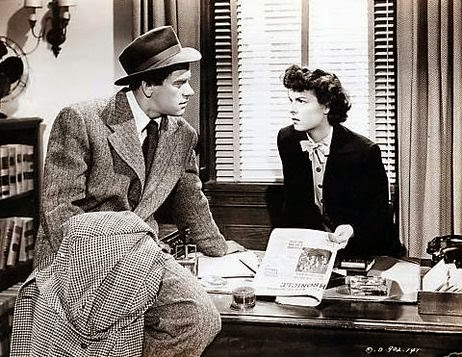"I had sex today."
These are the first words of The Diary of a Teenage Girl, exclaimed by our young protagonist Minnie Goetz (Bel Powley) to her tape recorder. Minnie, a precocious and independent 15 year old with her hormones and emotions running crazy, is the window of this journey back to San Francisco in 1976, to a world of sex, drugs, alcohol, overexposed and washed out cinematography and the odd animated fantasy. And it's a world that comes together seamlessly and effectively by first-time director Marielle Heller.
Minnie lives with her little sister Gretel (Abby Wait) and her unreliable and oft-neglectful mother Charlotte (Kristen Wiig). Their home also houses a never-ending line-up of Charlotte's friends and boyfriends, who frequently lay around in the loungeroom snorting line after line of cocaine whilst drinking copious quantities of alcohol. Minnie receives more parental input from her father Pascal (Christopher Meloni), scolding her over the telephone from the other side of the country, than what she ever does from her mother; it's this inattention that allows Minnie to commence an affair with her mother's main lover, Monroe (Alexander Skarsgård).
What starts off as a teenage crush rapidly develops into a sexual fling after Minnie volunteers to accompany Monroe to the nearby bar. He gets drunk, they ferociously flirt with each other and next minute, he is pressing her hand into his crotch before we find them in bed with each other. She marks his leg with the blood from her hymen, and the crazy journey has well and truly begun. Minnie has a number of sexual experiences throughout the film, from school friends to the delinquent Tabatha (Margarita Levieva), but its the jaunts with Monroe that we keep coming back to, and the way this relationship is altering Minnie's world.
Powley is a potent driver for this film; Heller and her work exceptionally well together to establish Minnie's world in an incredibly wild way. Minnie isn't consistently grounded in reality, and its with considerable gusto that the pair play on that. The animations in particular add so much to that, but Powley's performance is also a monumental factor; her ripe and dazzling portrayal lends itself well to the articulate immaturity of Minnie's world, almost forcing an embrace from the audience that may be at times reluctant to accept what is going on in the narrative because of how shocking or problematic it may be. The film - though often scandalous
and provoking - is never exploitative; the plot balances its explicit subject matter and its integrity well. Minnie is perhaps the teenager we wanted to be, but the child we would never want to own, and the film seems happy to brandish that throughout. Diary is at times a film we've seen before; it's Almost Famous meets The Perks of Being a Wallflower, the coming of age story set in the not-so-long-passed past, complete with some virginity-busting, drug-taking and accompanied by a great soundtrack of 70's hits. And yet, this time it's a female world, complete with her own sexual prowess, epic regrets and animated fantasies. It separates itself by embracing the lead female's sexual journey in a non-judgmental and inspiring way, not to mention the evocative and original measures it takes to recreate the realm of this adolescent female in 1970's San Francisco. It's an exciting journey, complete with its effective triumphs and its devastating falls. And we wouldn't want it any other way.




.jpg)








